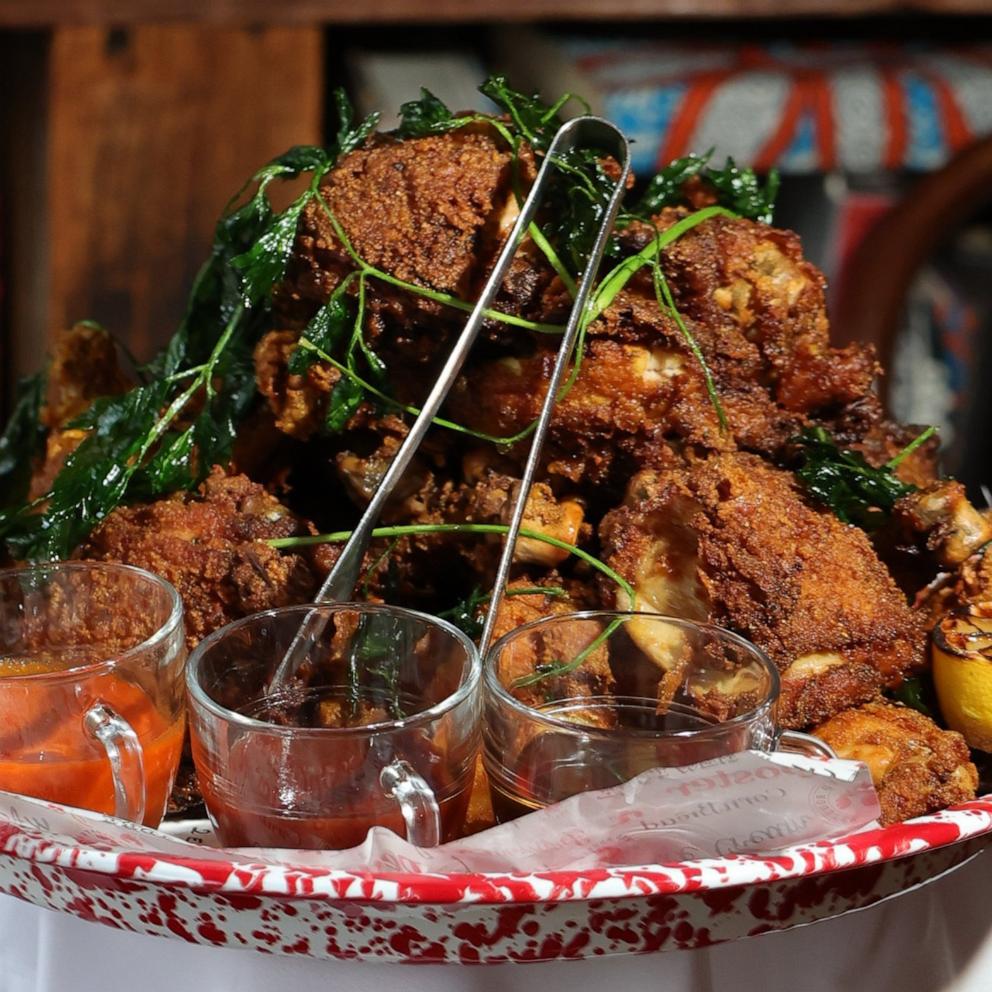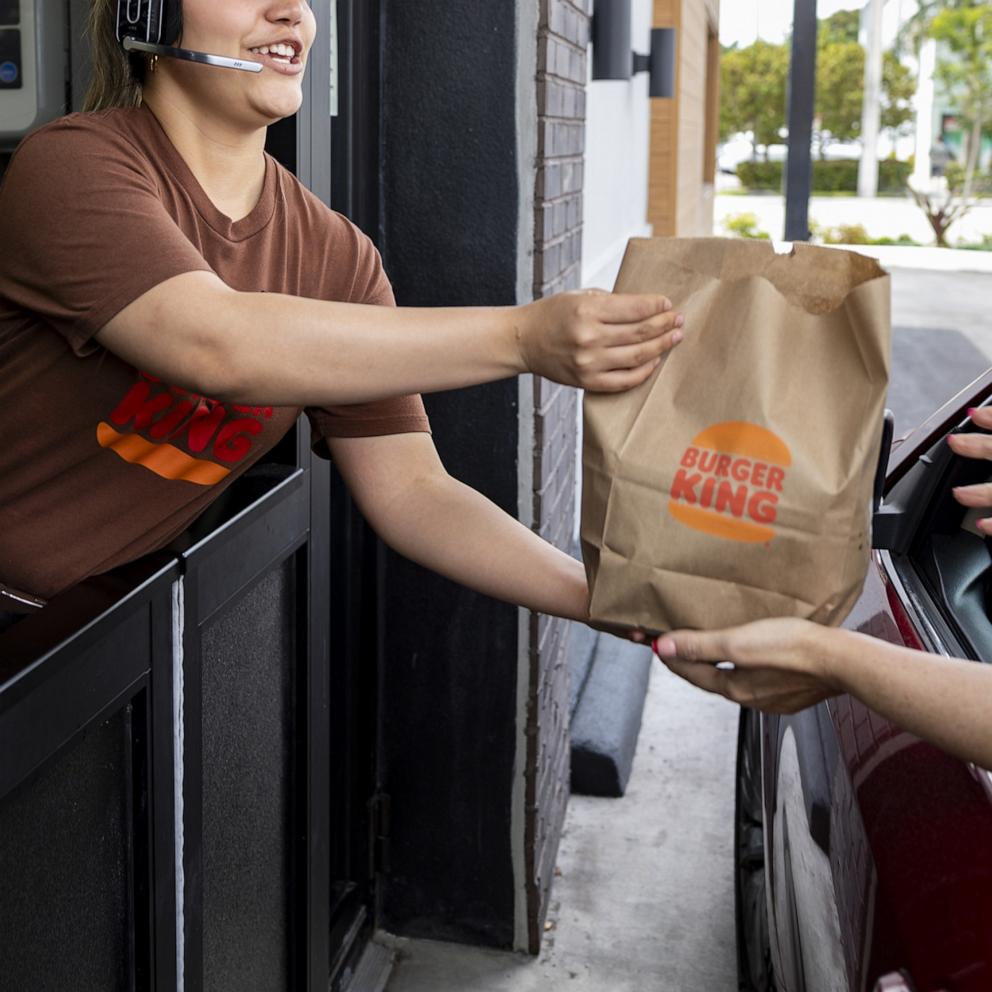In-N-Out confirms price changes on Double-Double and other menu items

Nothing quite tests Pavlov's theory on humans like the sight of the iconic yellow arrow and red palm tree signage welcoming hungry customers to In-N-Out Burger locations all over California.
While the Irvine-based fast food chain has previously maintained famously low prices for its hot, fresh burgers and french fries, the company, like many California restaurants, says it is not immune to increased labor costs and what that means for menu changes.
"On April 1st, we raised prices in California restaurants to accompany a raise given to the Associates at those locations," In-N-Out Burger Chief Operating Officer Denny Warnick said in an emailed statement to ABC News.
That's when the newly updated minimum wage increased statewide, sending some companies scrambling.

"I know that we are course correcting from a minimum wage that hasn't kept up with the cost of living index and has not kept up with inflation. The pendulum is swung to kind of make up for a lot of inactive and stagnation with wages. But for restaurants to be the first industry to bear the brunt of this is really tough," Briana Valdez, founder and CEO of HomeState in Southern California, told "GMA" previously, when the new law took effect.

The starting wage at In-N-Out Burger locations in California, Warnick told "GMA," is "$22 to $23 per hour."
Since making that change, Warnick said "the price of a Double-Double, French fries, and drink increased by $0.25 to $0.50, depending on location."

News of the In-N-Out price changes come as rumors swirl on social media of exorbitant prices for other fast food favorites, including reports of a Big Mac meal that cost $18 at McDonald's, which the Golden Arches' U.S. president Joe Erlinger later addressed, stating that the $18 meal was only sold "at one location."
"I can tell you that it frustrates and worries me, and many of our franchisees, when I hear about an $18 Big Mac meal being sold -- even if it was at one location in the U.S. out of more than 13,700," Erlinger wrote in an open letter on May 29. "More worrying, though, is when people believe that this is the rule and not the exception, or when folks start to suggest that the prices of a Big Mac have risen 100% since 2019."
He added, "The average price of a Big Mac in the U.S. was $4.39 in 2019. Despite a global pandemic and historic rises in supply chain costs, wages and other inflationary pressures in the years that followed, the average cost is now $5.29. That’s an increase of 21% (not 100%)."







